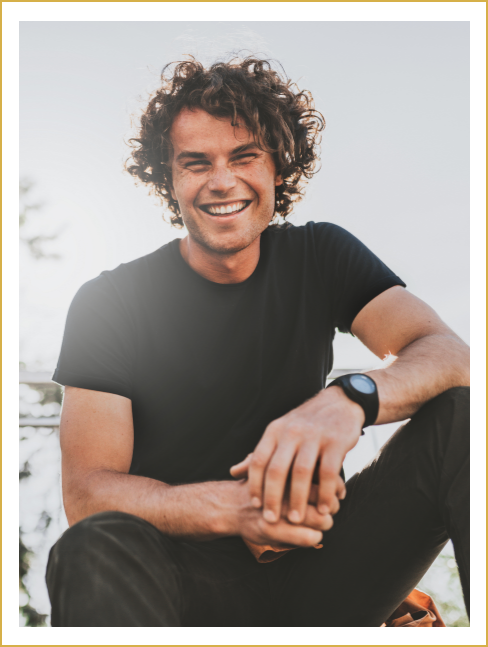Anxiety and addiction are related, although correlation does not necessarily mean causation. Individuals who experience one of the other have a greater probability of developing the other. While anxiety may not be a direct cause of addiction, anxiety can be a contributing factor to the development of a substance use disorder. Learning more about the links between these two often co-occurring disorders can help inform treatment plans that more effectively address the needs of individuals who have both anxiety and addiction issues.
At California Centers for Recovery, we work with clients who struggle with co-occurring disorders in order to help them develop strong advocacy and self-management skills to promote healthy living. Through our unique combination of traditional evidence-based programming and alternative holistic healing treatments, our clients can work to manage their mental health in a safe and structured environment designed to meet their specific needs. Learn more about our dual diagnosis treatment program by calling 877.328.5682 today.
What Is Anxiety?
An anxiety disorder is a mental health condition defined as a phobia or a panic disorder. These disorders are characterized by an inappropriate response to a situation, a lack of control of this response, or an altered way of life due to anxiety. In many instances, individuals with anxiety will struggle with social interactions and personal goal-setting.
People who experience anxiety may experience:
- Fast heartbeat
- Chest pain
- Breathing difficulty
- Dizziness
- Panic and fear
- Rapid heartbeat
- Shortness of breath
- Trembling
- A strong desire to get away
These symptoms may be managed by prescription medications from a doctor to mitigate the symptoms. Most often prescribed for anxiety disorders are benzodiazepines which are highly addictive. It’s also important to note that individuals who experience undiagnosed anxiety may self-medicate and become addicted to alcohol or drugs that seemingly help reduce anxiety.
How Are Anxiety and Addiction Related?
Anxiety and addiction often co-occur because individuals who experience one have a greater likelihood than others also to experience the other. It is considered a dual diagnosis when an individual is diagnosed with both anxiety and a substance use disorder.
Individuals who experience anxiety have a greater risk of also experiencing addiction. Those with untreated anxiety may use drugs or alcohol to self-medicate. Additionally, those with anxiety may be diagnosed and prescribed medication that can be addictive. For example, many individuals with anxiety are prescribed benzodiazepines to calm and help mitigate the symptoms of anxiety. Benzodiazepines are incredibly addictive and can lead to a substance use disorder if they are mismanaged.
Additionally, individuals with a substance use disorder may have a higher-than-average possibility of developing anxiety as a related symptom. Anxiety can be a side-effect of many addictive medications, and when an individual tries to hide their addiction, they may experience stress and anxiety throughout that process.
What Is Dual Diagnosis Treatment?
Dual diagnosis treatment is a specially designed therapeutic treatment program to support individuals with mental health conditions in addition to substance abuse. Clients with both disorders require more stabilized and structured addiction treatment than individuals who are only living with addiction. Dual diagnosis treatment is typically offered in a residential treatment program that is designed to help clients achieve stability and sobriety through individualized therapy and group treatment.
Dual diagnosis treatment often combines cognitive-behavioral therapy (CBT) with other traditional, evidence-based programs designed to meet the specific needs of the additional mental health condition. Clients going through this treatment process will often meet more frequently than clients who are struggling with one disorder or the other.
Co-Occurring Disorders Treatment in Southern California
Our extensive dual diagnosis treatment program at California Centers for Recovery is designed to support individuals through a structured treatment program. Our relapse prevention programming, self-management, and coping skill development treatments are combined with traditional and alternative mental health programming to help clients develop a stable cognitive basis to build their sobriety on.
The medical professionals at our center are prepared to support our clients’ needs, from detox to treatment. Our individualized programming means that clients receive the exact treatment they need to achieve their goals and develop the necessary skills and strategies to continue successfully after treatment.
We offer:
- Medical detox – The first step in the journey to recovery, medical detox helps out clients begin to safely and comfortably withdraw from their substance of choice. 24/7 support from medical and addiction specialists ensures clients remain safe and comfortable.
- Residential treatment – Clients live in our residential facility and receive comprehensive care, including evidence-based therapy, 12-step meetings, holistic treatments, and nutrition support.
- A luxury rehab setting – Our luxury facility provides the structure and safety needed to support a successful recovery journey.
- Aftercare program – Upon completion of primary care, clients are encouraged to participate in our aftercare program for continued support and relapse prevention.
Don’t wait to get the support you or a loved one needs. Our experts are here to help you build the skills needed to lead a healthier, happier life. Contact us now at 877.328.5682 to get started. We look forward to helping you reach your goals.











